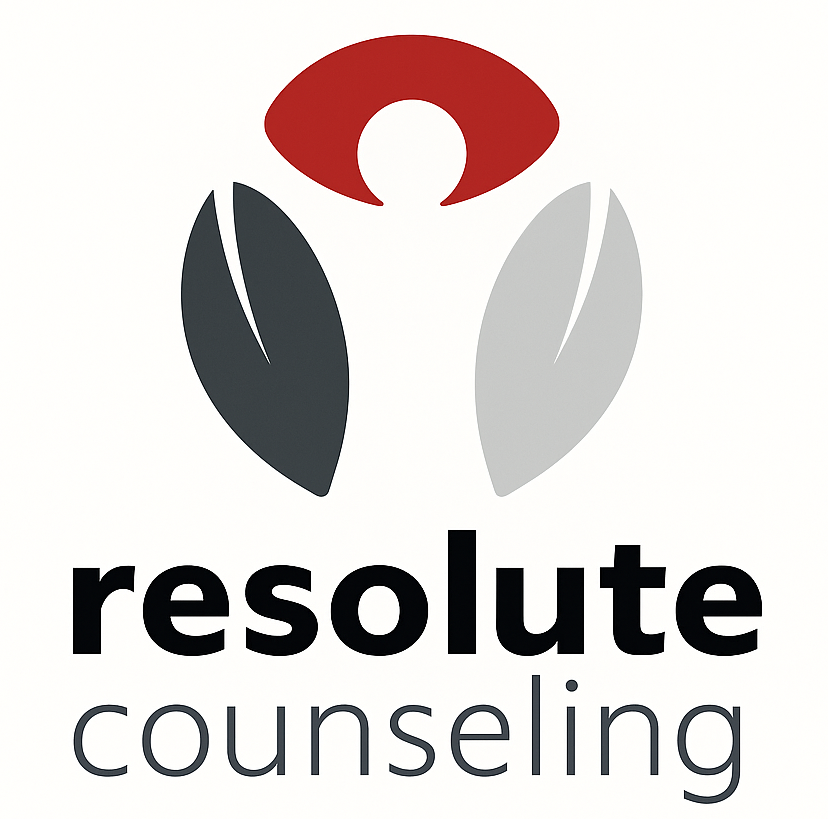As I sat in church the other day looking at the Bible App on my phone, I was met with an unfortunately predictable “Breaking News” update of yet another American tragedy and murder. As I talked about this news with a few people in my class, their response was typical to where many of us are at now, “I’m not surprised, this world is falling apart.” There is little doubt that there has been an increase in senseless crimes and also an increase in the media coverage of these events. Many of us hope that by increasing media coverage that it will help to raise the awareness of how lost we have become and how much each person is in need of Jesus as their personal Lord and savior. Unfortunately, the response I see from most people is anger, judgement, avoidance, and even apathy. We are becoming people who are numb and experiencing the symptoms of secondary trauma.
The diagnosis of Post-traumatic Stress Disorder (PTSD) often results when a person has some form of acute stress (a disorder qualified by having shock and distress following a tragic event) that does not improve. PTSD is a serious condition that will affect a person’s outlook in life and their day to day functioning. A person can often improve after receiving the right kind of help and restoring a person’s hope that their life has purpose and safety. But, if a person does not receive help or address these issues they will be trapped in these experiences and their personality can forever change.
People who are living with someone who has PTSD or know them well can also be severely affected by this person’s behaviors and experiences. Secondary trauma can result from hearing the stories of people we care about and joining in with them in their emotional experience. The empathy that a person employs for someone else allows them to share in this traumatic experience. This is often why people are so drawn to movies, books, and testimonials. We can imagine ourselves in these situations and how we would respond, think, and feel.
People who are on the front lines in dealing with trauma victims (first responders, nurses, doctors, clergy, counselors) are often going to suffer from secondary trauma. The term “avoiding burnout” or “compassion fatigue” is often a common topic at conferences I attend. It is easy when you are working with trauma victims to be afraid to ask questions and get your hands dirty in trying to help them. Avoiding talking about the problems and their experiences and instead saying cliché statements like “I’ll be praying for you” are often all we know or are able to give to people.
I fear that our nation and even Christians are beginning to experience too much compassion fatigue with the way the world is going. I suggest the following several steps to keep our compassion and empathy high for others and avoid the numbing and avoidance of issues that demand prayer and action:
- Sin and evil have always been around – We have become jaded in believing that the world is much worse now that ever. This is hard to argue here in America, but this is a matter of perspective. Throughout history, sin nature and evil have always been present and God promises this will continue until the time comes of Jesus’s return.
- There is strength in numbers – I love the verse, “Where no counsel is, the people fall; but in the multitude of counselors there is safety. (Proverbs 11:14). Helping others means we need to offer a community of supporters who are both praying and providing practical support. It is not the job of one person to be the sole helper. Even the helpers need to rely on others to debrief and find support for themselves.
- Know that healing will happen – Matthew 11:28 says, “Come to me, all you who are weary and burdened, and I will give you rest.” When we seek out support for our own issues and others, God will sustain us, heal us, and restore our strength.
- Our love for others needs to come from God’s love for us – 1 John 4:19 illustrates this point when it says, “We love each other, because He loved us first.”
- Know that victory will happen – Throughout human history, as brutal as it may be at times, God always prevails. I have heard countless stories and testimonies of people who were in impossible situations and traumas only to see their lives turned around in the end. Our experiences in helping others and empathizing is a great way to live out the gospel and God’s great mission for his people (Isaiah 41:10).
Michael Linn is a Licensed Professional Counselor in the state of Pennsylvania and a Nationally Certified Counselor. He is the owner of Resolute Counseling, located in Chambersburg, Pennsylvania. He can be reached by calling 717-264-0450 or visiting www.resolutecounseling.com



